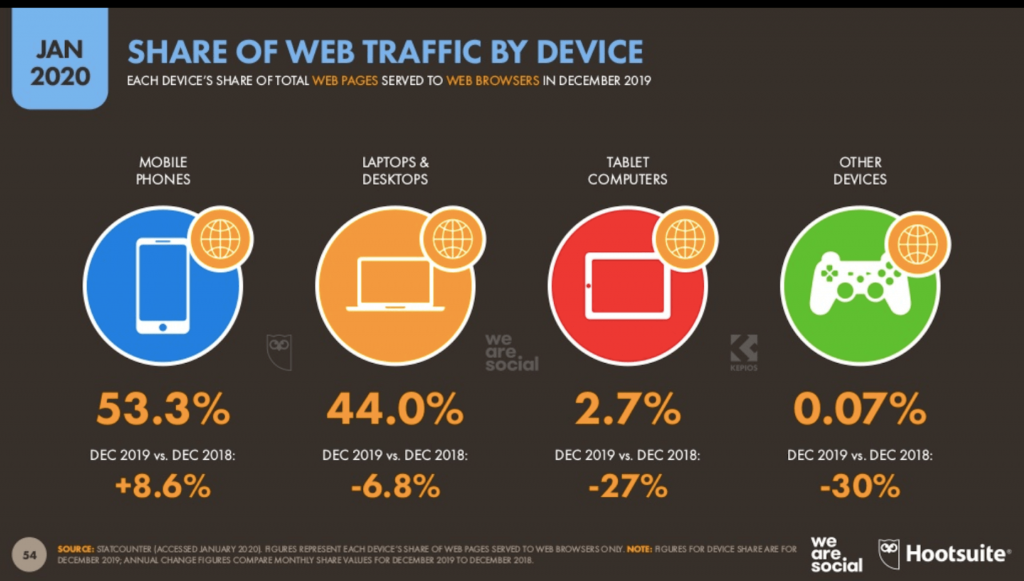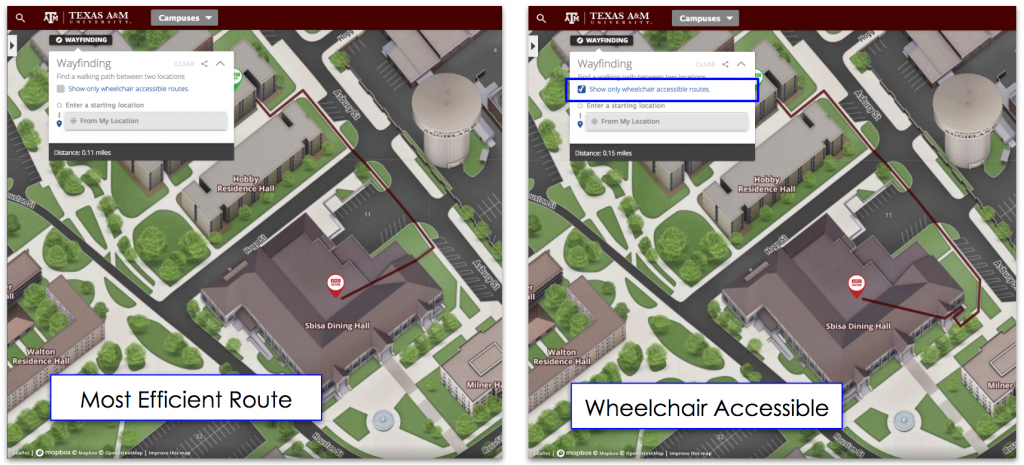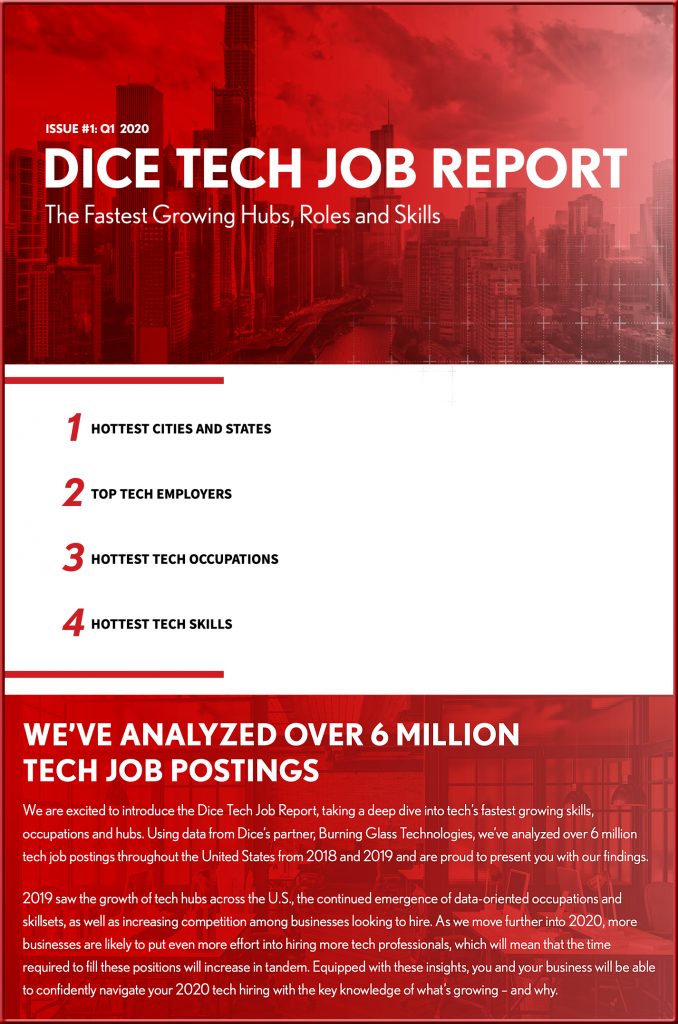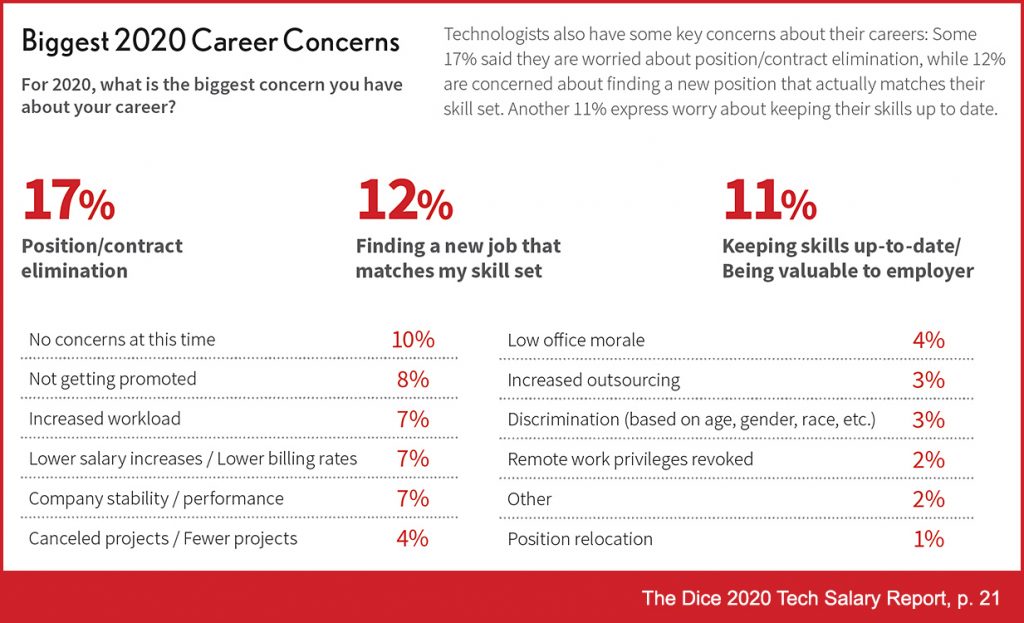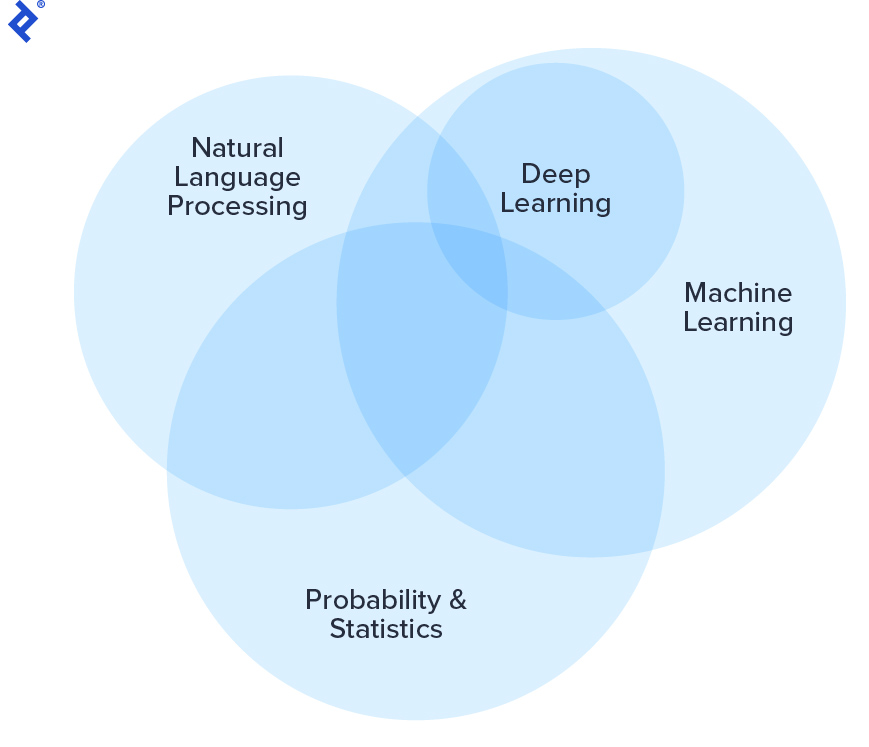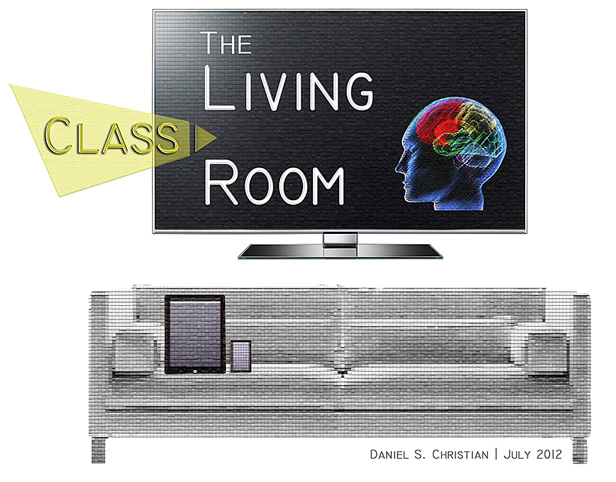The latest research for web designers, February 2020 — from webdesignerdepot.com by Suzanne Scacca
XRHealth launches first virtual reality telehealth clinic — from wearable-technologies.com by Sam Draper
Excerpt:
XRHealth (formerly VRHealth), a leading provider of extended reality and therapeutic applications, announced the first virtual reality (VR) telehealth clinic that will provide VR therapy to patients. VR telehealth clinicians providing care are currently certified in Massachusetts, Connecticut, Florida, Michigan, Washington D.C., Delaware, California, New York, and North Carolina and will be expanding their presence in additional states in the coming months. The XRHealth telehealth services are covered by Medicare and most major insurance providers.
Concept3D introduces wheelchair wayfinding feature to support campus accessibility — from concept3d.echoscomm.com with thanks to Delaney Lanker for this resource
System makes wheelchair friendly campus routes easy to find and follow
Excerpt:
Concept3D, a leader in creating immersive online experiences with 3D modeling, interactive maps and virtual tour software, today announced the launch of a new wheelchair wayfinding feature that adds a new level of accessibility to the company’s interactive map and tour platform.
With the new wheelchair accessible route functionality, Concept3D clients are able to offer a separate set of wayfinding routes specifically designed to identify the most efficient and easiest routes.
Concept3D’s wayfinding system uses a weighted algorithm to determine the most efficient route between start and end points, and the new system was enhanced to factor in routing variables like stairs, curb cuts, steep inclines, and other areas that may impact accessibility.
Also see:
Wayfinding :: Wheelchair Accessible Routes — from concept3d.com
How Blockchain’s ‘paradigm shift’ puts more pressure on legal’s tech evolution — from law.com by Rhys Dipshan
As part of the Legalweek 2020 Q&A series, Legaltech News speaks with blockchain researcher and entrepreneur Bettina Warburg on blockchain’s potential disruption in the legal space, what attorneys most misunderstand about the technology, and more.
Excerpt:
Artificial intelligence may still take up much of spotlight these days, but it’s far from the only technology that can fundamentally alter how the legal industry, and the broader economy, operates.
Blockchain technology, for instance, has wide-reaching consequences for record keeping, contracting, data governance and identity management. And beyond that, it may even change how the digital economy functions and work as underlying driver for integrated, autonomously running machines. What all this means for attorneys is that specialization, technical skills, and more technology knowledge will likely become even more important than it is today.
We are not just in the days of Bitcoin, where one user transfers bitcoin to another user’s account. Instead, blockchain should be understood as part of an evolution toward a third generation Web (called Web3) that provides us with virtual machines that are stateful.
Web3 will be the basis of our transition from a digital economy to a decentralized economy. The economic opportunities of the decentralized economy can include wholly new business models: everything from fractionalized ownership and rights to assets that are secured digitally, to new kinds of verifiable and unique assets (such as virtual world avatars), to the ability for machines to transact with one another autonomously. A stateful virtual machine essentially allows us to have a shared verified reality upon which to transact digitally.
While it may sound futuristic, it is also the most obvious use for a digital infrastructure that can verify the transaction of value.









